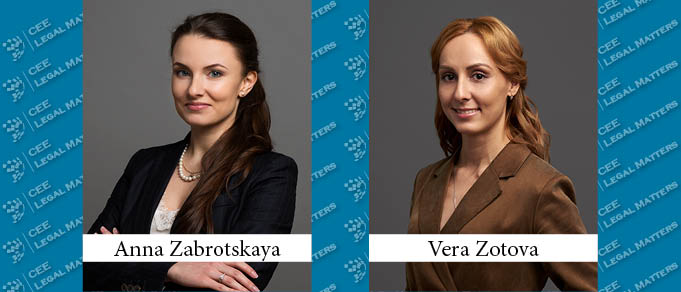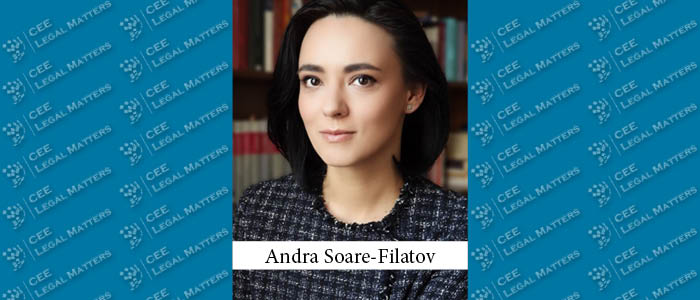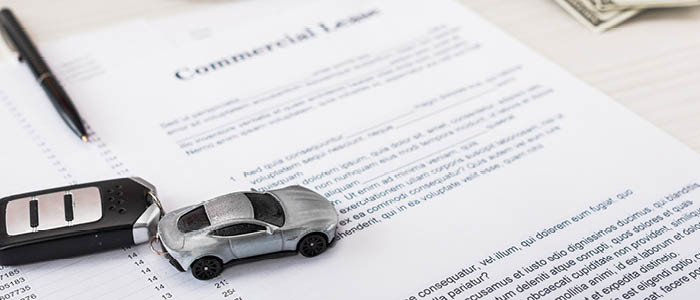The mechanism of patent protection is most in demand in the Pharmaceuticals industry, and a review of judicial practice in Russia demonstrates how zealously pharmaceutical companies protect their exclusive rights to gain a market advantage.
In the Russian Federation, a drug formula can be protected as an invention by the Russian state authority Rospatent. The term of the exclusive right to a patented solution is twenty years from the date of application, and, for pharmaceutical inventions, this can be extended for an additional five years.
After the expiry of patents for pharmaceutical inventions, some manufacturers start producing generics based on these solutions (for example, British company AstraZeneca’s Iressa antitumor agent, the patent for which expired in 2019, is now the basis for the generic product Gefitinib-nativ, made by Russian company Nativa). Their actions are legal and owners of expired patents cannot prohibit them.
Within the term of the patent’s validity, however, the owner of an exclusive right can have the use of its invention by third parties suspended. In particular, the owner should prove that the infringer’s product contains every feature (or method), or its equivalent, of the invention set forth in an independent clause of the patented formula. According to Russian law, the storage or introduction into civil commerce of a drug in which the invention is used or obtained by a patented method will be considered an infringement.
The following actions with patented inventions committed without the owner’s consent do not constitute an infringement: (i) carrying out scientific research on a medicinal product in which the invention is used; (ii) using the invention under extraordinary circumstances (natural disasters, catastrophes, or accidents) with notification; (iii) the use of the invention to satisfy personal, family, household, or other needs not connected with entrepreneurial activity, if the purpose of such use is not to gain profit or income; (iv) the single production of drugs with the use of the invention in pharmacies on a medical prescription.
In the event of a violation of the exclusive right to an invention the author or other right owner has the right to demand, instead of the reimbursement of his losses: (a) an award of up to RUB 5 million (approximately USD 66,000), determined by the court based on the nature of the violation; or (b) double the value of the right to use the invention, determined based on the price that, under comparable circumstances, is usually charged for the lawful use of the invention in the manner used by the infringer.
The owner of the right can also apply for the liability measures stipulated by antimonopoly legislation, in particular in cases where the violation of the exclusive right is recognized as unfair competition in accordance with the established procedure.
As an example of the exclusive rights protection, Russia’s Nizhpharm (which, since 2004, has been part of the German Stada group of companies) won a dispute against Russia’s Altpharm for its unlawful use of one of Nizpharm’s patented inventions in its “Uroprost” product for prostatitis medication (Nizhpharm’s original product was called “Vitaprost”).
In another case, Switzerland’s Bristol-Myers Squibb Holdings Ireland Unlimited Company, which used a patented invention in its “Spraysel” product for treating chronic myeloleukemia, persuaded the court to prohibit Russia’s Mamont Pharm and Nativa companies from using that patented invention in its competing “Dazatinib-Nativ” product.
To conclude, the legal protection of exclusive rights to patented pharmaceutical solutions is the basis for the unhindered commercialization of such drugs. Legal tools prescribed by Russian laws allow pharmaceutical companies to successfully combat unfair and infringing behavior of other market players.
By Anna Zabrotskaya, Specialist Partner, and Vera Zotova, Associate, Borenius Russia
This Article was originally published in Issue 8.5 of the CEE Legal Matters Magazine. If you would like to receive a hard copy of the magazine, you can subscribe here.























